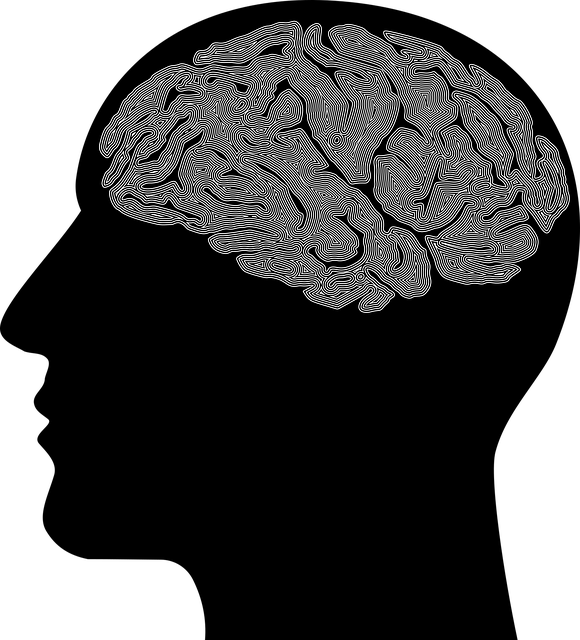Mental health professionals face unique risks in Therapy for Bariatric Evaluations, including managing sensitive data, ethical dilemmas, and emotional distress related to food and body image issues. Effective risk management involves compassion cultivation, inner strength development, robust communication strategies, and integrating mood management techniques. By combining these tools with understanding patients' emotional journeys, therapists create a supportive environment that improves treatment outcomes and minimizes potential harm, addressing both mental health and preventing weight regain post-surgery. A comprehensive risk management plan, including evidence-based interventions and crisis protocols, is essential for safeguarding effective practice and enhancing patient wellness.
Mental health professionals constantly navigate complex risks in their practice, particularly when assessing patients for bariatric evaluations. This article guides you through a comprehensive risk management planning process tailored to this specialized field. We explore identifying potential hazards, from therapy settings to common risks associated with bariatric evaluations. Learn key strategies for mitigation, safe therapy practices, and continuous improvement, ensuring optimal patient care and outcomes in the context of therapy for bariatric evaluations.
- Understanding Risks in Mental Health Practice
- – Identifying potential hazards and vulnerabilities in therapy settings
- – Common risks associated with bariatric evaluations
- Developing a Comprehensive Risk Management Plan
Understanding Risks in Mental Health Practice

Mental health professionals encounter a unique set of risks and challenges in their daily practice, from managing highly sensitive patient information to navigating complex ethical dilemmas. Understanding these risks is paramount for effective risk management planning. One key area of concern is therapy for bariatric evaluations, where professionals must balance the potential benefits of weight-loss interventions with the psychological implications for patients.
Compassion cultivation practices and inner strength development are essential tools in mitigating these risks. By cultivating empathy and self-awareness, therapists can provide more culturally sensitive care that respects diverse backgrounds and beliefs. This, coupled with an understanding of the patient’s emotional journey, helps to foster a supportive environment, enhancing treatment outcomes and reducing potential harm.
– Identifying potential hazards and vulnerabilities in therapy settings

Identifying potential hazards and vulnerabilities in therapy settings is a crucial step for mental health professionals. Therapy for bariatric evaluations, like any other specialized care, comes with its unique risks and challenges. These may include emotional distress triggered by sensitive topics discussed during sessions, such as food-related issues or body image concerns. Furthermore, the dynamic nature of therapeutic relationships demands careful consideration to prevent boundary crossings or unprofessional conduct that could compromise client safety and confidentiality.
Effective risk management planning involves implementing robust communication strategies. Mental health awareness training equips professionals with the skills to recognize early warning signs of distress in clients. Additionally, integrating mood management techniques into therapy sessions can help mitigate risks by fostering a sense of emotional regulation and coping strategies among individuals undergoing bariatric evaluations.
– Common risks associated with bariatric evaluations

Mental health professionals often encounter unique challenges when conducting bariatric evaluations, a process that involves assessing and managing patients’ relationship with food and their weight. Common risks associated with this evaluation include the potential for triggering eating disorders, causing emotional distress, or exacerbating existing mental health conditions. Patients undergoing bariatric surgery may also face psychological barriers, such as anxiety about body image changes and the fear of gaining weight post-surgery.
To mitigate these risks, therapists can employ various strategies like resilience building techniques, encouraging patients to focus on self-acceptance and fostering a positive relationship with their bodies. Mindfulness meditation and emotional well-being promotion techniques can help individuals process complex emotions and reduce the risk of relapsing into unhealthy behaviors or thoughts related to food and weight. Effective therapy for bariatric evaluations should aim to support patients’ overall mental health while guiding them through the surgical journey.
Developing a Comprehensive Risk Management Plan

Developing a comprehensive risk management plan is paramount for mental health professionals to ensure safe and effective practice. This involves identifying potential risks associated with various aspects of their work, such as therapy for bariatric evaluations, where complex patient needs and medical complexities necessitate careful navigation. A robust strategy should include assessing individual and systemic risks, implementing evidence-based interventions, and establishing clear protocols for crisis management.
By integrating risk management planning into daily operations, mental health professionals can foster a supportive environment that prioritizes both mental wellness and public awareness campaigns development. This proactive approach enables practitioners to mitigate potential harms, enhance patient outcomes, and contribute to the overall resilience of their practice and community.
Mental health professionals play a vital role in providing support and guidance, but they also face unique risks. By identifying potential hazards in therapy settings, from patient vulnerabilities to common risks associated with bariatric evaluations, practitioners can develop robust risk management plans. This proactive approach ensures the safety of both professionals and clients, fostering a healthier environment for therapy. Incorporating strategies tailored to bariatric evaluations enhances the overall quality of care, enabling mental health experts to offer effective treatment while mitigating risks effectively.














